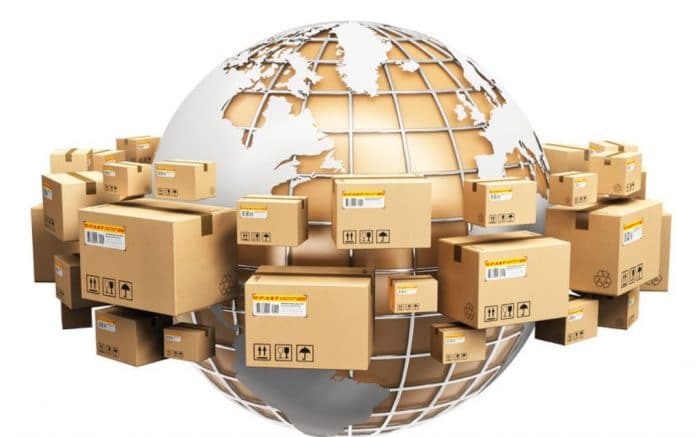UK-based companies are optimistic about their international business prospects, with almost three in four (72%) expecting their exports and imports to increase over the next 12 months, according to a new report from HSBC: ‘Navigator: Now, next and how for business’.
A survey of more than 6,000 companies in 25 markets reveals strong resilience and optimism among the UK firms, with their positive sentiment edging ahead of the European (ex-UK) average of 71%. Top markets UK enterprises are targeting for growth include the US (19% of respondents), Germany (15%) and France (13%).
This sentiment is mirrored in HSBC’s new trade forecast, which predicts the value of UK goods and services exports (benchmarked in US dollars) will increase by about 10% in 2018 to US$900bn – the fastest pace of growth since 2011 – and will average growth of about 7% a year to 2020*.
Nor are UK companies expecting expecting to slow down as the country transitions out of the European Union. Whilst 38% believe Brexit will have a negative impact on their business activities, a combined 62% are more sanguine – 33% believing Brexit will be positive for them and 29% saying they don’t think it will impact them.
Amanda Murphy, Head of Commercial Banking for HSBC UK, said: “The combined survey and forecast data we’ve gathered both point towards a really strong near-term outlook for UK exporters and importers. Undeterred by future post-EU uncertainty, businesses clearly aim to capitalise on the cheaper pound and rising demand in key markets to boost their overseas sales. Whatever the future holds, we will continue helping British businesses to navigate international markets to find new and exciting opportunities for growth.”
HSBC’s trade forecast looks out to 2030 and predicts that the dollar value of UK exports of goods and services will double by 2030, including price and exchange rate effects.
Physical goods currently account for about 60% of UK exports, and growth will be led by sales of industrial machinery, transport equipment and pharmaceuticals meeting accelerating demand from emerging markets. While the US will remain the top importer of UK-made products by value in 2020, India will increase its UK imports the most, on average buying 13% a year more by value over this period. The UAE follows, increasing the value of its UK imports by 11% a year, while demand from Indonesia and Vietnam is projected to grow by 9% a year.
Further out, the value of shipments to China, India and the UAE is forecast to rise by 6% to 8% a year between 2021 and 2030, making China the fourth-largest importer of UK-made products by 2030.
Services companies, though less bullish than their manufacturing peers, remain confident about the year ahead. Just over half (53%) expect to increase cross-border trade in the year ahead, with those anticipating growth expecting it to come from new markets (29%), diversification into new service areas (27%) and e-commerce initiatives (24%).
Indeed, by 2030 HSBC forecasts that goods and services will contribute equally to UK exports. Despite their ‘keep calm and carry on’ approach, more than half (57%) of UK businesses surveyed say governments around the world have become more protective of domestic firms recently. Many are building Brexit and US trade policy shifts into their future planning.
“Overall businesses are betting that good sense will prevail and that they will be empowered to create jobs and wealth,” said Amanda Murphy. “Commerce connects people for mutual benefit, and contributes to economic stability, so it’s vital that policymakers everywhere continue to support free and fair, rules-based trade.”
* NB forecasted growth is inflated by price and exchange rate effects.


